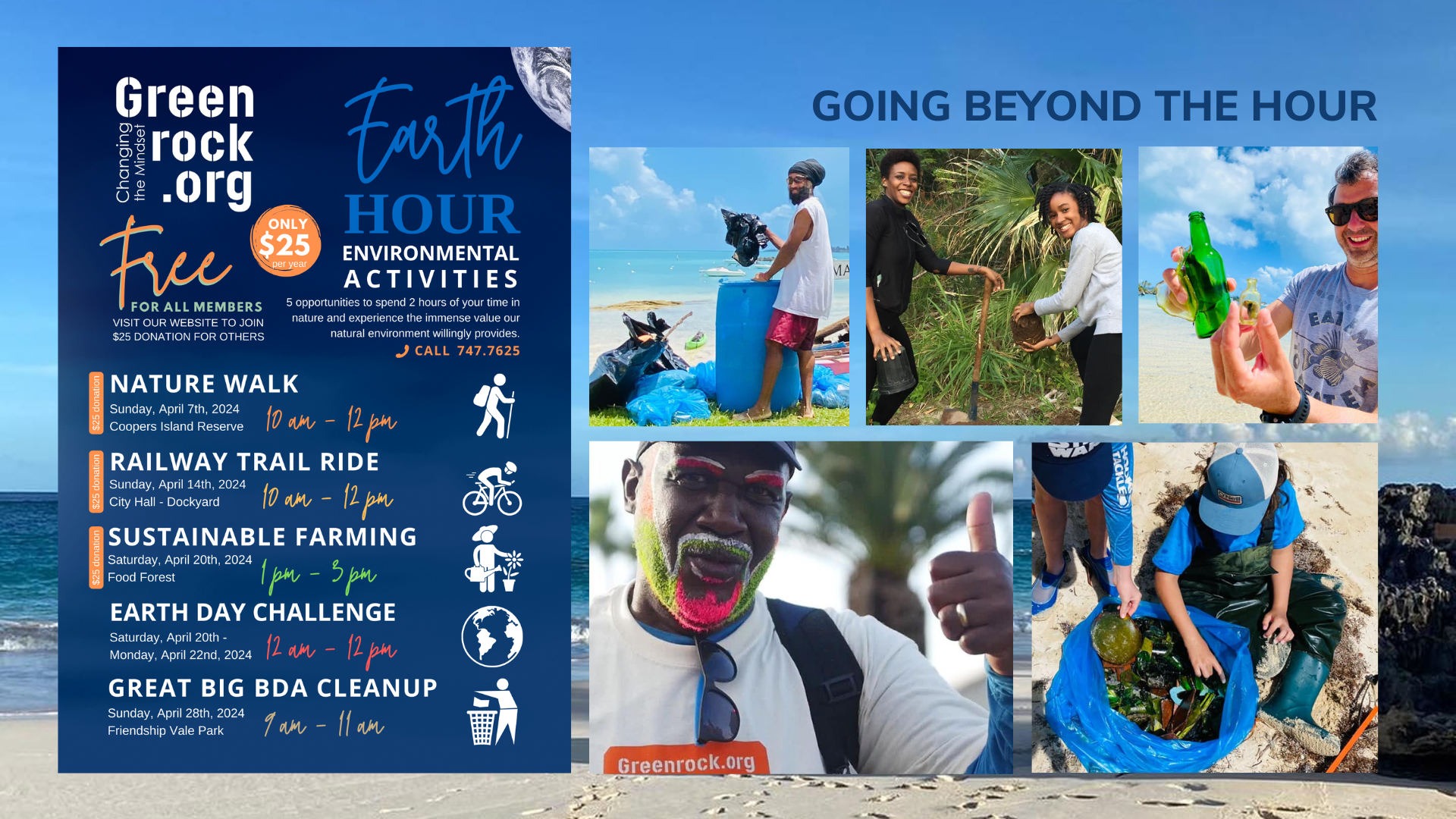Click here to watch this video report.
With Capital Bike Share, Washington joins a growing list of U.S. cities that offer public use of shared bicycles.
STORY HIGHLIGHTS* D.C. metro area offers bike-sharing program with 1,100 bikes, 114 stations * Supporter: Capital Bike Share cuts pollution, reduces car traffic, promotes exercise * Critics: Some bike stations run out of bikes or places to dock them * Commuter mom: "It's revolutionized my existence when time is so valuable" |
Riders can pick up a bicycle at one station, ride it to another and drop it off -- and then go on with their day. It's like Zipcar, but with bikes.
"It's revolutionized my existence when time is so valuable," says Sara Gibson, a 34-year-old working mom. "I have a young daughter and I don't have 45 minutes a day extra to commute that I used to ... and now I need to get to work, I need to get there on time."
Community bike sharing, which has caught on in other cities such as Denver, Colorado; Madison, Wisconsin and Minneapolis, Minnesota, adds more choices for workers in one of the nation's worst commuter cities.
The concept has been racing around the world for the past five years. In Dublin, Ireland, program managers boast about 100 subscribers per bike and are poised to expand their operation to 5,000 bikes, according to The Bike Sharing Blog.
In France, the success of Paris' Velib program has done much to attract worldwide interest in bike sharing. Velib has expanded to more than 23,000 bikes, according to consultant firm Metrobike LLC.
Washington's metropolitan area has the second- longest commute in the country -- with a mean average time of 33.2 minutes, according to a 2009 U.S. Census Bureau report. Only New York City -- which is planning a bike-sharing system of its own -- ranked worse.
Gabe Klein -- who heads Washington's Department of Transportation -- helped bring the bicycle system to the city and views it as another layer of transit.
"Now, we love the bus system, we love the Metro, those are very important elements, but you can't argue with the superiority of the bike-share system for a lot of short trips," Klein said. "What we've done is we've set a goal in the district, for trips less than a mile, we want walking to be the primary mode, or trips less than two miles, we want biking to be the primary mode."
Critics of the system's $6 million price tag say its costs will never be regained -- but Klein disagrees.
"It's like a startup ... we've estimated we can hit break-even in about three years. There aren't really any break-even transit systems," says Klein, "but the cost, the initial cost, is so much lower. There's no fuel costs, [the bikes are] self-powered."
Additionally, the bikes are designed to carry advertising, which eventually will help defray the costs. Klein also points to other benefits that can't be measured in dollars and cents.
"It also fits better into our goals for the city, in that we want a sustainable city, a livable city, with a healthy population. This accomplishes all of those things, and also decreases congestion," says Klein.
With over 1,100 bicycles at 114 stations, the bike-share system is fairly easy to use. It allows a rider to pick up a bike at any of its 114 stations and drop it off at any other station.
Users either pay a $75 annual membership fee for unlimited use or purchase a $5, 24-hour pass. There's no extra cost for the first 30 minutes of any ride -- and after that -- users pay an additional $1.50 to $6 per half-hour.
But critics point to some shortcomings.
On its Facebook fan page, Capital Bike Share is often panned for running out of bicycles at high-use stations or running out of places to dock the bikes.
Also, users must plan ahead to bring a bike helmet -- or run the safety risk of riding without one.
But Gibson, for one, is still a big fan and says she'll stick with biking.
"I love that I can do it in a green way and frankly in a fun way, I arrive to work in a much better mood than I use to," she said. "I [have] a little bit of me time and also staying off the road, not paying for a taxi, and not fighting for a bus really has been a huge gift."
To read original article, click here.




